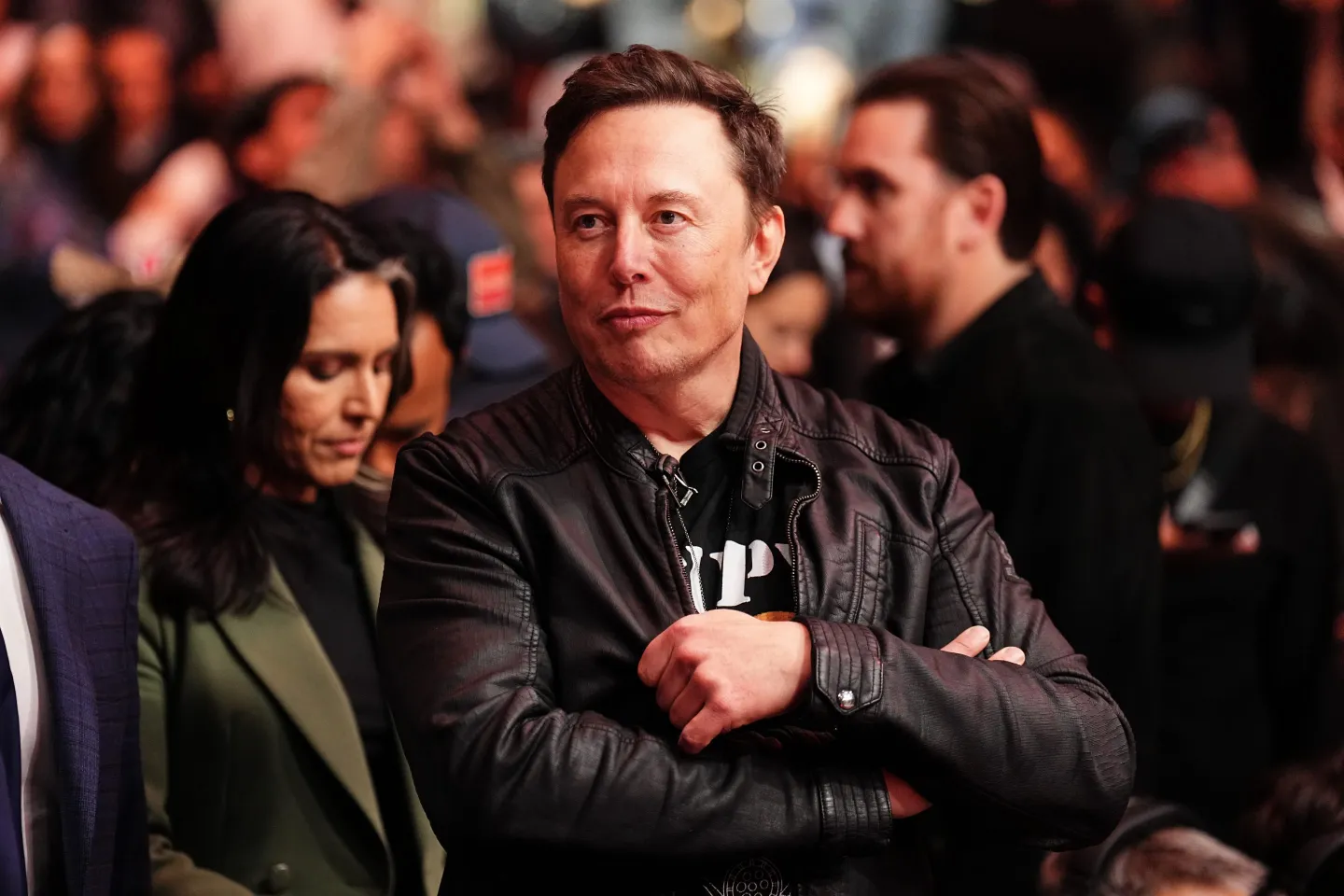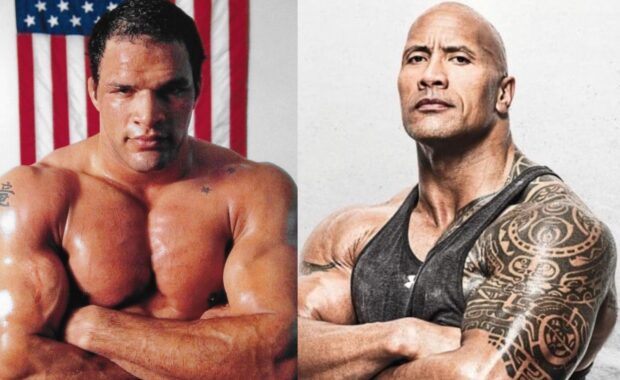
Elon Musk’s recent social media attacks on MSNBC have escalated from caustic commentary to speculative acquisition jokes, revealing complex dynamics in media, politics, and potential ownership shifts. The world’s richest man has repeatedly called MSNBC “the utter scum of the Earth,” claiming the channel “peddles puerile propaganda” and even suggesting he might purchase it.
What began as seemingly lighthearted online banter quickly transformed into a serious discussion about media landscape transformations. Musk, alongside allies like Donald Trump Jr. and podcaster Joe Rogan, have been trading memes and provocative comments about potentially acquiring the liberal news network. Rogan even joked about taking Rachel Maddow’s position, promising to “wear the same outfit and glasses, and will tell the same lies.”
Behind the comedic veneer lies a more profound concern: the concept of “media capture.” This phenomenon, prominently observed in countries like Hungary, involves political allies strategically acquiring media outlets to control narrative and messaging. Ian Bassin, executive director of Protect Democracy, warns this represents a broader trend of “autocratic capture,” where political power is leveraged to enforce private sector loyalty.
Contrary to the speculation, Comcast is not preparing to sell MSNBC. Instead, the company is strategically spinning the channel into a new entity called “SpinCo,” a standalone cable programming company. Financial analysts suggest this move is designed to boost shareholder value rather than facilitate a sale. The spinoff’s structure includes complex tax considerations that would make an immediate divestment challenging.
Morgan Stanley analyst Benjamin Swinburne noted a typical two-year waiting period would likely prevent immediate strategic actions after the spinoff. SpinCo executives appear more interested in acquiring new channels than selling existing ones, viewing MSNBC’s loyal audience as a valuable negotiating asset with cable distributors.
Interestingly, some liberal-leaning billionaires have quietly expressed interest in the network, seeking to prevent potentially hostile takeovers. Mark Cuban, when approached about potential acquisition, dismissed the idea entirely. He believes linear TV news is fundamentally transforming, suggesting platforms like Bluesky might offer more dynamic information ecosystems.
The underlying tension reflects broader political polarization. Musk, increasingly aligned with conservative figures, represents a growing trend of wealthy individuals potentially weaponizing media platforms for ideological purposes. Gábor Scheiring, a former Hungarian parliamentarian, warns that liberal-minded billionaires must remain vigilant to prevent unilateral media control.
While the current discussion might seem like internet trolling, it exposes critical questions about media ownership, political influence, and the evolving information landscape. The potential for strategic media manipulation remains a significant concern for democratic discourse.
As the media ecosystem continues to fragment and transform, the MSNBC speculation serves as a provocative case study in the intersection of wealth, politics, and communication platforms. Whether Musk’s comments are mere provocation or genuine interest remains unclear, but they have successfully generated substantial discussion about media’s future.
















Be the first to leave a comment